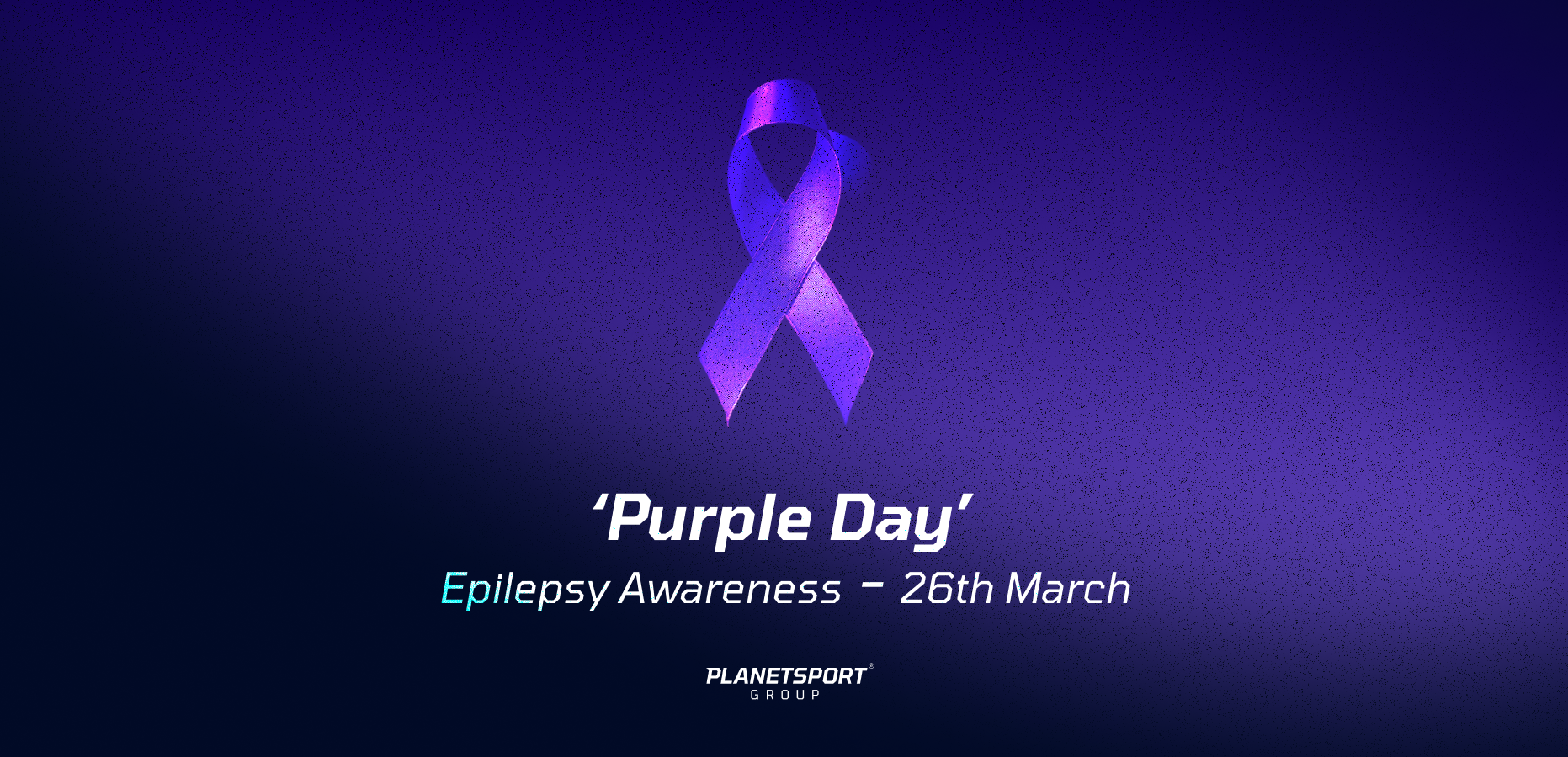'Purple Day 2025': PlanetF1.com's Henry Valantine on how it feels to live with epilepsy

To mark 'Purple Day', the international day for epilepsy awareness, we asked Henry Valantine, the homepage coordinator for PlanetF1.com, what it is like to live with epilepsy.
One afternoon, during the first Covid lockdown, I was doing a sudoku, thrilling, I know, and I have vague memories of feeling extremely groggy all of a sudden.
I had just moved back in with my parents, and they said words to the effect of: 'Do you remember what you were just talking about?', my response was, 'No? I wasn’t even talking. I’ve just been doing a puzzle?’
It later transpired that what had just happened, however, was my first epileptic seizure, and, like all my fits, I’d lost memory of it.
There was no warning, no diagnosis, and no previous history; it just happened completely out of the blue.
After a couple of tests, we had confirmation that I had begun suffering complex partial seizures—one of multiple forms of epilepsy.
Unlike what I had previously typically associated with epileptic seizures, involving physical convulsions, I describe mine as ‘the lights are on but nobody’s home.
I remain semi-conscious and apparently still hold some form of conversation, albeit garbled, but control of my brain is no longer my own until I come back around some minutes later.
Again, I get no warning that a seizure is about to happen. Like around 50% of people with epilepsy, I don’t have any known triggers. I’ve had them at all times of day, exercising or sleeping. It really is a lottery.
I’ll be honest here: I struggled to accept the idea of being disabled at first—not least because I still felt exactly the same as before most of the time, my body hadn’t changed, and many more people out there have it far worse than me in life, so who was I to complain?
As time has gone on, however, there have been moments where I’ve realised that even though I’m still able to live a mostly ‘normal’ life, there are times where it has been tougher.
I’m no longer allowed to drive unless I can reach a full-year seizure-free.
Considering before my time at Planet Sport, my job was literally travelling the length and breadth of the country, loving my time behind the wheel (I do write for PlanetF1.com after all) this has proven to be a huge barrier at times.
Even though public transport exists as a substitute, the independence I used to have feels like it has been reduced in a significant way, however intangible that may be.
I have to be extra mindful of the times where I’m on my own, when I would never have given a second thought before.
Navigating life outdoors, crossing roads, using knives while cooking, lifting anything heavy—the works.
I can’t speak on behalf of others with epilepsy, but the issues I face are not necessarily solely physical; in my case, they’re predominantly mental. It’s difficult to put into words the slight nervousness you carry with you when you know in the back of your mind you always never quite have full control over your brain.
I’m extremely grateful to have a support network around me in my family, friends, and colleagues at Planet Sport, who have been incredibly understanding and helpful when I let them know that something has gone wrong.
In my stubbornness and determination to not be seen as ‘less than’ I was before, I have made the mistake in years gone by of trying to power through my shifts after a seizure and not speaking up, which in actual fact is more harmful than admitting you need time to recover.
I have learnt from that, and, thankfully, the times epilepsy has affected my work have been few and far between. For the most part, I’m able to work the same way as I always have, and, with Planet Sport’s hybrid model, I can combine working from home with coming in to work from our Leeds office as required.
For many, epilepsy can be eventually controlled with medication. I’m not there yet, several years in, but I hope to be one day.
The best we can hope for is to control seizures to a degree where they’re no longer a factor day-to-day, though around 30% of people with epilepsy sadly never get to full seizure control.
Around 1 in 100 people live with epilepsy in the UK, and it is very much one of the ‘hidden’ disabilities we have in our lives.
If you’re able, I would urge you to support any worthy cause you can surrounding awareness and research, such as Epilepsy Action or the Epilepsy Society.
I would never wish to be characterised by my condition, and I’m thankful to have never been made to feel that way. I’m pleased to still be able to work to the best of my ability, knowing that I’m contributing to our wider goals at Planet Sport.
